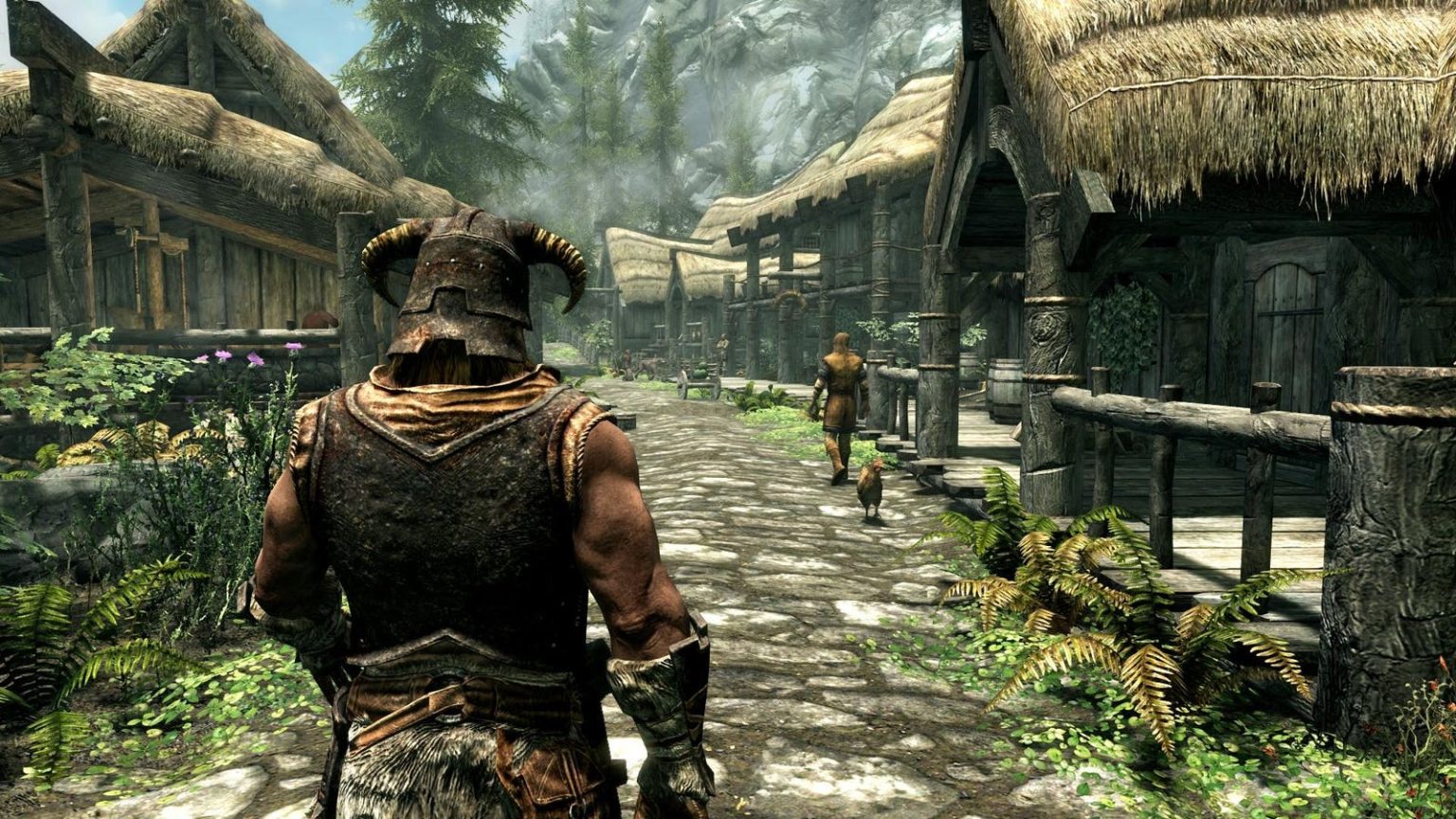The Unbounded Realm: Exploring the Vast Landscape of Open-World Video Games
Open-world video games stand as a testament to the boundless potential of interactive entertainment. They offer an unparalleled sense of freedom, empowering players to chart their own course through meticulously crafted virtual worlds. Unlike their linear counterparts, open-world games eschew rigid level structures and prescribed paths, instead presenting sprawling landscapes ripe for exploration. This liberation allows players to embark on unique adventures, pursue personal goals, and become truly immersed in the game’s narrative and environment. As technology continues to advance, the scale and complexity of these open worlds have grown exponentially, now encompassing entire cities, diverse regions, and even procedurally generated universes.
The allure of open-world games lies in their ability to transport players to vibrant, living worlds. Whether traversing post-apocalyptic wastelands, navigating bustling urban centers, or soaring through the vast expanse of space, these games offer a diverse tapestry of experiences. The best open-world titles are distinguished not only by their impressive scope but also by the intricate details that bring their environments to life. From the bustling streets of Los Santos in Grand Theft Auto V to the breathtaking landscapes of Hyrule in The Legend of Zelda: Breath of the Wild, these worlds beckon players to explore every nook and cranny, uncovering hidden secrets and forging their own stories.
The evolution of open-world games can be traced through a rich lineage of groundbreaking titles. Early examples like Elite (1984) and The Legend of Zelda (1986) laid the groundwork for the genre, introducing the concept of non-linear gameplay and expansive environments. However, it was the release of Grand Theft Auto III in 2001 that truly revolutionized the open-world landscape. This seminal title introduced a 3D, open-world environment with unprecedented freedom, setting the stage for a new era of immersive gaming experiences. Subsequent years have witnessed a proliferation of open-world titles across various genres, including action-adventure, role-playing, racing, and survival.
The open-world genre thrives on the promise of player agency. The ability to choose one’s own path, pursue diverse objectives, and shape the narrative through individual actions is a core tenet of these games. This freedom extends beyond the main storyline, encompassing a wide range of side quests, optional activities, and hidden challenges. Players can choose to be heroes or villains, explorers or conquerors, immersing themselves in the world in a way that resonates with their personal playstyle. Whether embarking on epic quests, engaging in dynamic combat, or simply soaking in the atmosphere, open-world games empower players to define their own experience.
Open-world games often feature complex and engaging gameplay mechanics that complement their expansive environments. From intricate combat systems and deep crafting mechanics to realistic driving simulations and dynamic weather systems, these games offer a wealth of interactive experiences. The best open-world titles seamlessly blend these mechanics with the game’s narrative and setting, creating a cohesive and immersive experience. Whether mastering the art of swordplay in The Witcher 3: Wild Hunt, building elaborate structures in Minecraft, or exploring the vastness of space in No Man’s Sky, players are constantly challenged and engaged by the intricate gameplay systems.
The future of open-world gaming promises even more immersive and expansive experiences. Advances in technology, such as cloud computing and virtual reality, are poised to transform the genre, creating worlds of unprecedented scale and fidelity. Procedural generation techniques are also playing an increasingly important role, enabling developers to create vast and dynamic environments that evolve organically. As the boundaries of technology continue to be pushed, the potential for open-world games to transport players to truly breathtaking and unforgettable worlds is limitless.
A Spectrum of Open Worlds: Highlighting 25 Exceptional Titles
From the gritty streets of Night City to the tranquil plains of Hyrule, the open-world genre encompasses a diverse range of settings and experiences. The following 25 titles represent a curated selection of exceptional open-world games that have captivated players with their immersive environments, engaging gameplay, and compelling narratives. These games span a variety of genres and platforms, showcasing the breadth and depth of the open-world landscape.
-
Action-Adventure: Grand Theft Auto V, Red Dead Redemption 2, Marvel’s Spider-Man, The Legend of Zelda: Breath of the Wild, The Legend of Zelda: Tears of the Kingdom, Ghost of Tsushima, Batman: Arkham City, Assassin’s Creed Odyssey, Horizon Forbidden West, Death Stranding
-
Role-Playing: The Witcher 3: Wild Hunt, Elden Ring, The Elder Scrolls V: Skyrim, Fallout 4, Cyberpunk 2077, Starfield, Hogwarts Legacy
-
Shooter: Borderlands 2, Far Cry 6, Metal Gear Solid V: The Phantom Pain
-
Survival: No Man’s Sky, Dying Light
-
Sandbox/Creative: Minecraft
-
Racing: Forza Horizon 5
- Multiplayer/Co-op: Sea of Thieves
These titles exemplify the diverse and ever-evolving nature of open-world gaming. They offer a glimpse into the boundless potential of virtual worlds, where players can embark on epic adventures, forge their own destinies, and experience the unparalleled freedom that only open-world games can provide. From vast, procedurally generated universes to meticulously crafted historical settings, these games offer a tapestry of experiences that cater to a wide range of tastes and preferences. As technology continues to advance, the future of open-world gaming promises even more immersive and breathtaking journeys.


